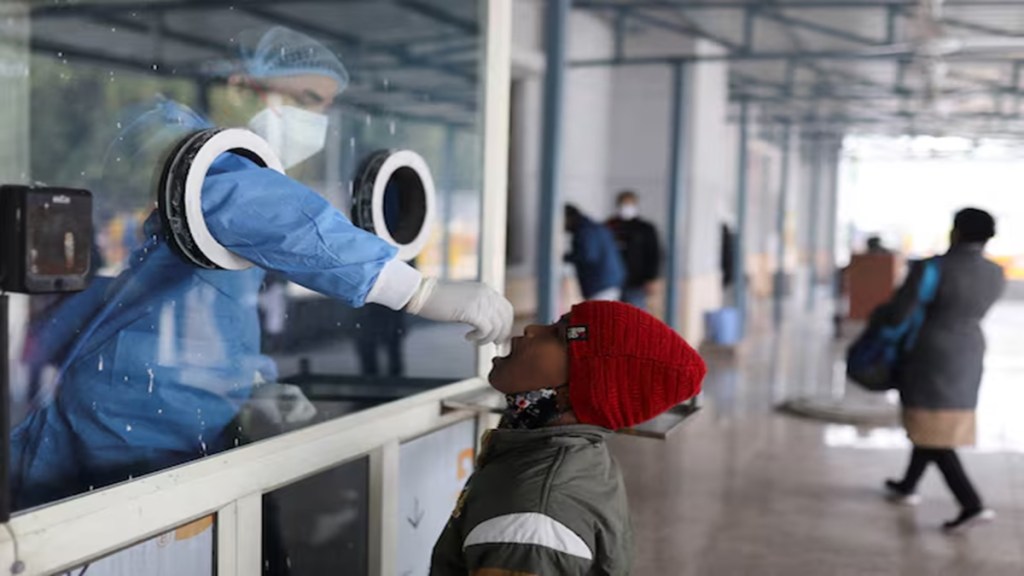Following an uptick in Covid infections in Singapore and Hong Kong, India is also experiencing fresh cases of late. However, there is no warrant for panic as the numbers are low relative to the size of the population. According to the Covid-19 dashboard of the ministry of health and family welfare, India currently has 257 active cases in states like Kerala, Mahrashtra, Karnataka and Gujarat. It is early days to assess whether the variants of the coronavirus infections in the country are similar to those in Singapore and Hong Kong, These can be reliably known by careful monitoring through genomic surveillance. It is also premature to infer whether the rising cases are related to waning immunity as most people received vaccines a long time ago. India is one of the success stories in this regard as the share of population that received all doses under the initial Covid-19 vaccination protocol was as high as 67% according to Our World in Data.
So, India is in a relatively better position to combat this viral infection should it get out of hand with cases exponentially rising in the future. Nevertheless, the uptick in new cases has led to review meetings by health authorities chaired by the Directorate General of Health Services to assess the Covid situation. Preliminary assessments reportedly indicate that the recent cases are mostly mild, with no unusual severity or mortality reported. No hospitalisations were also necessary. This is good news indeed. The grounds for further optimism are also that the affected states like Kerala can handle the caseload due to the high quality of its public health infrastructure and decentralised governance extending to the villages.
A high-level of community-level participation, especially through self-help groups led by women, also enables the task of surveillance and contact tracing. There is broad social support for the government’s efforts to battle Covid by containing infection rates and restricting the number of fatalities. The World Health Organisation (WHO) recognised Kerala’s example during the earlier pandemic and recommended that this could serve as a template for other states. It is not just India, but the world is also in a much better position to deal with any resurgence of Covid infection. Lessons have been learned from the earlier pandemic with the WHO adopting a historic agreement to ensure a far more equitable response in the future.
The biggest lesson was no doubt the considerable global inequity in access to vaccines. While more than 75% of people in many European countries and North America received the initial vaccination protocol, that figure was less than 30% in most African countries. Members of the WHO agreed to ensure that countries that share virus samples will receive disease tests, medicines and vaccines. True, the WHO is not in a strong financial position after the US halted funding and has accordingly asked members to support an “extremely modest” annual budget of $2.1 billion. Big Pharma also has a role to play as participating companies would make 20% of their real-time production of vaccines, medicine and diagnostic kits available to the WHO. For such reasons, there are grounds to be cautiously optimistic that the small but rising active caseload in India and elsewhere in Asia can be addressed by the protocols already in place.

